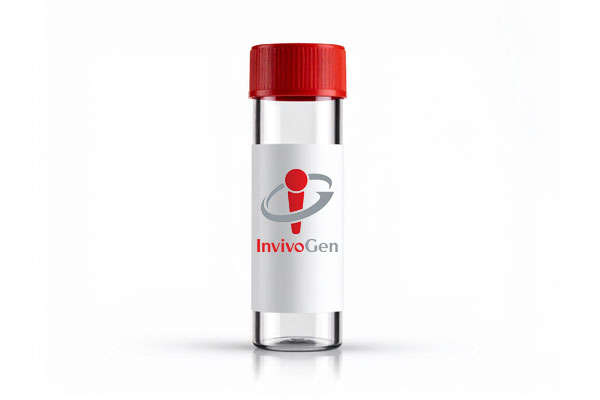
Anti-dCD20c1-dIgG2
-
Cat.code:
dcd20-mab1
- Documents
ABOUT
Monoclonal dog IgG2 antibody against dog CD20
Anti-dCD20c1-dIgG2 is a chimeric monoclonal antibody specific for dog CD20 (dCD20). TIn flow cytometry applications, this antibody has exhibited weak cross-reactivity with human CD20. Reactivity with other species has not been tested.
It has been produced in CHO cells and purified by affinity chromatography with protein A.
Anti-dCD20c1-dIgG2 was generated by combining the constant domains of the dog IgG2 molecule with the variable regions of Anti-dCD20c1-mIgG2a.
Anti-dCD20c1-mIgG2a has been selected for its ability to bind dCD20 and induce complement-dependent cytotoxicity (CDC).
All products are for research use only, and not for human or veterinary use.
SPECIFICATIONS
Specifications
CD20
Dog
Flow cytometry, cell lysis, B-cell depletion Not suitable for immunohistochemical staining.
68 mM phosphate buffer with 91 mM glycine, 5% w/v saccharose and stabilizing agents.
The absence of bacterial contamination (e.g. endotoxins and peptidoglycans) is confirmed by using HEK-Blue™ TLR2 and HEK-Blue™ TLR4 cells.
Flow cytometry, cell lysis, B-cell depletion. Not suitable for immunohistochemical staining.
The absence of bacterial contamination (e.g. endotoxins and peptidoglycans) is confirmed by using HEK-Blue™ TLR2 and HEK-Blue™ TLR4 cells. Recognition of dCD20 with this antibody is tested using flow cytometry.
CONTENTS
Contents
-
Product:Anti-dCD20c1-dIgG2
-
Cat code:dcd20-mab1
-
Quantity:100 µg
Shipping & Storage
- Shipping method: Room temperature
- -20°C
- Avoid repeated freeze-thaw cycles
Storage:
Caution:
DOCUMENTS
Documents
Technical Data Sheet
Safety Data Sheet
Certificate of analysis
Need a CoA ?